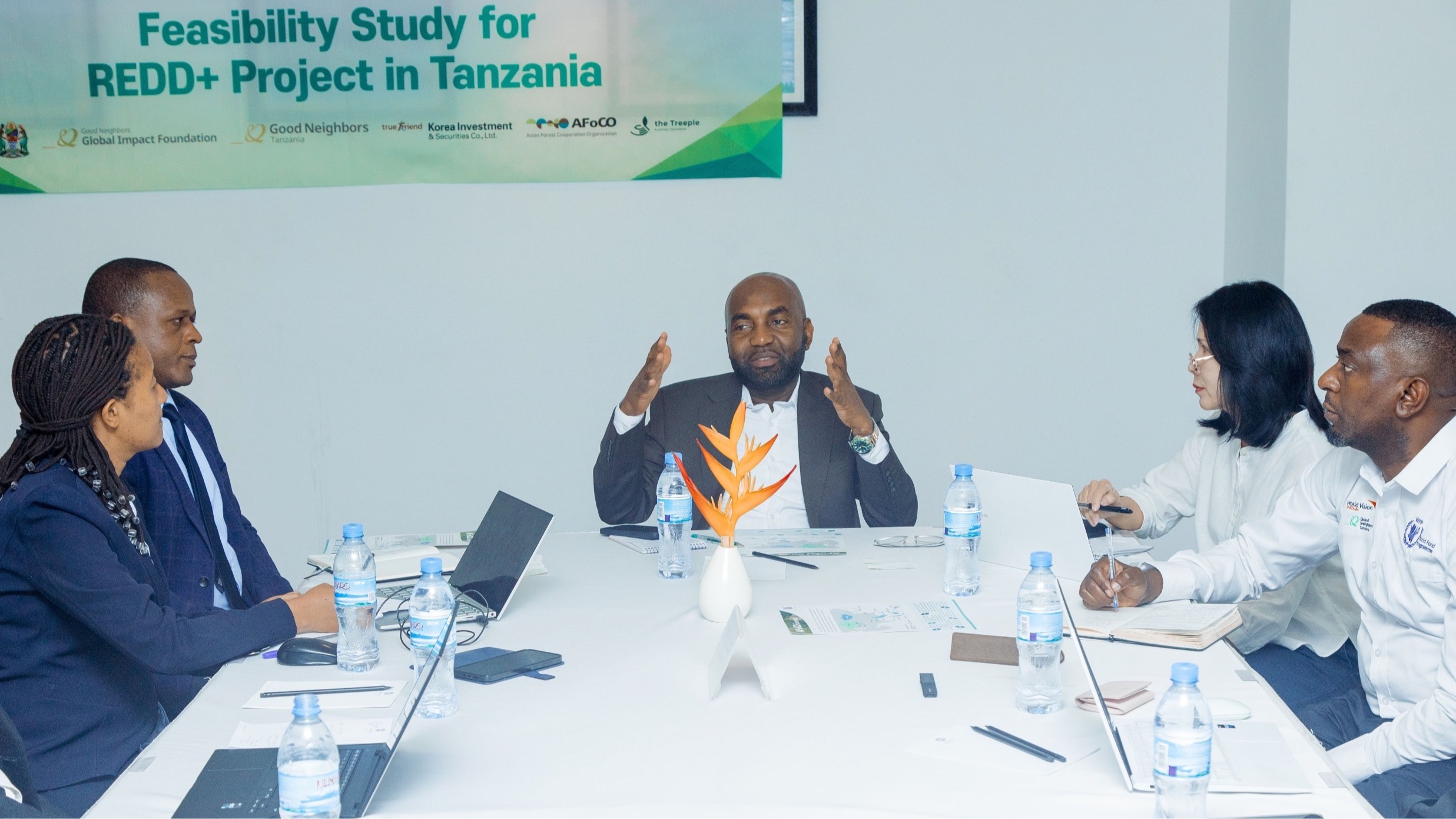Tanzania’s President Samia Suluhu has urged the heads of state in the East African Community (EAC) to collectively oppose the dominance of foreign companies in the region’s carbon trading sector. Speaking during the EAC high-level forum on climate change and food security in Arusha, President Suluhu emphasized Africa’s role as the “mother of the environment” and advocated for a unified East African position to protect it. Despite expressing concerns about foreign dominance, she highlighted Tanzania’s efforts to regulate and improve the carbon industry, emphasizing collaboration between the government and the private sector.
President Suluhu acknowledged the existing regulations enacted in October of the previous year, which allow the private sector to engage in carbon trading. However, these regulations have faced criticism from private sector investors for imposing taxes and fees amounting to nearly 19%, potentially deterring new investments and affecting existing projects. The president addressed these concerns, emphasizing the government’s commitment to working with the private sector. She called for a common stance at the upcoming COP28 to ensure that the region’s environmental conservation efforts benefit the local population rather than foreign companies.
President William Ruto of Kenya, speaking at the same forum, also highlighted his government’s efforts to maximize earnings from carbon trading through initiatives like forest cover boosting and protection. He emphasized the financial benefits of these interventions, stating that the goal is to leverage trees for financing environmental management initiatives.
President Suluhu’s call for a unified East African stance against foreign dominance in carbon trading reflects a commitment to protect the region’s environment, while also acknowledging the need for collaboration with the private sector. The discussions at the forum shed light on the challenges and opportunities in the carbon industry within the EAC.



